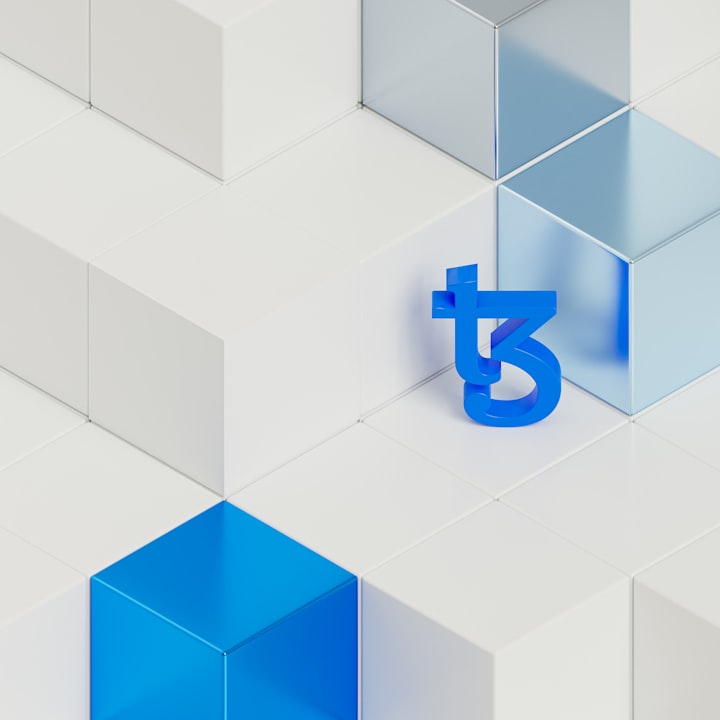Why do credit card refunds take longer than charges?
Understanding the dynamics of credit card refunds and transaction processing in financial payment systems.

When you use a credit or debit card for a transaction, you might notice that while the amount is deducted from your account within seconds, refunds can take several days to reflect.
This apparent difference in timing can be attributed to the underlying processes and systems involved in financial transactions.
Authorization Versus Posting:
A crucial distinction to understand is the difference between authorizations and postings.
A charge is considered 'real' against your account only when it's posted.
For credit transactions, there exists an authorization against your account, but you don't 'owe' the money until it posts.
Refunds to debit cards, when processed at a point of sale (POS) terminal, are generally automatic, similar to charges.
Processing Path for Refunds:
Refunds to credit cards take time because they go through the same path as charges.
Just as it may take several days for a charge to post to your account, a refund follows a similar timeline.
Essentially, if it took 3 days for your charge to post, it is reasonable to expect a refund to take a similar duration to reflect.
Limitations of Authorization for Refunds:
One might wonder why credit card companies do not simply authorize refunds.
The underlying reason is likely that when a charge is authorized, no actual money has exchanged hands yet.
The complexity in structuring authorization for refunds may impede the immediate processing of funds.
Integration of Systems:
Moreover, the intricate systems and processes responsible for orchestrating financial transactions contribute to the varying timeframes for charges and refunds.
The interconnected nature of banking systems, merchant processors, and card networks adds layers of complexity that affect the speed of transaction processing.
Customer Perception and Financial Dynamics:
From a consumer perspective, the apparent delay in refunds compared to charges can create a perception of imbalance.
This is particularly noteworthy in an era where instant gratification is increasingly prevalent.
Understanding the dynamics behind the timing of financial transactions sheds light on the intricacies of the financial ecosystem and the practical implications for everyday consumers.
The Future of Transaction Processing:
As financial technologies continue to evolve, addressing the disparity between charge and refund processing times may become a focal point for innovation.
Efforts to streamline and expedite the processing of refunds could redefine the customer experience and pave the way for more efficient financial transactions.






